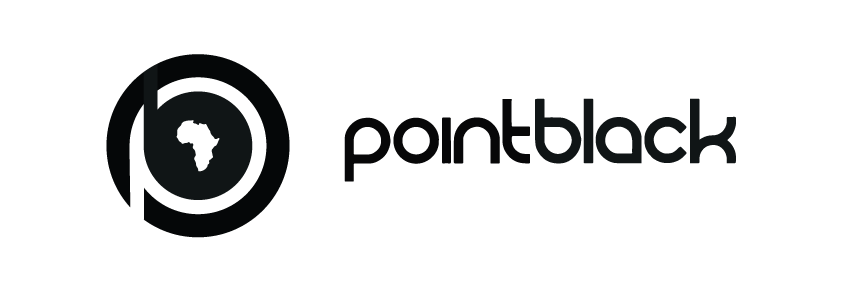AHHB R&D | About ISRC Codes
Words By TNGlive
If you’re an independent artist, independent label head or going to be operating your own music publishing company in the spirit of banking the cents because it makes sense, the International Standard Recording Code is something you’re going to have to familiarise yourself with, if you’re not up on it already.
The ISRC is a unique code assigned to each individual sound recording or music video (podcasts can carry ISRCs too), preferably when you make the master copy of your song or music video. It’s a unique code that works with any digital format, that’s why it’s the industry standard when it comes to identifying and tracking the streaming or sales of your sound recordings worldwide.
What it Looks Like
The ISRC is a 12 digit alpha numeric code.
The country code is something you should never change regardless of where in the world you release your music or music video.
The Registrant Code is another element that should never be change.
Based on the combination of Year Of Reference and Designation Code, you shouldn’t run out of codes to generate in any given year, unless you’re releasing a total of 100 000 songs and music videos per annum - which would be both impressive and concerning if your name is not poppin’ yet because of it.
The ISRC is not something you entirely generate out of thin air. In order to be able to assign ISRC codes you’ll have to apply for that 3 alpha numeric Registrant Code. It’s just one of the components of the code that helps in identifying You as the owner of any specific ISRC code.
There are so many hustles around that ask you to pay a fee every time you need a new code generated, or asking you to pay an annual fee to ‘maintain’ your registrant code. Some agencies even claim that you must first become a member of the agency in order to secure a Registrant Code.
The International Federation of the Phonographic Industry (IFPI) clearly states that you do not have to be part of any music industry organisation for you to be eligible for a Registrant Code.
You can apply for a Registrant Code through an official ISRC Agency in your country. Click here for a list of Agencies and their respective contact details.
Alternatively, if there is no National ISRC Agency in your country, click here to apply through the International ISRC Agency.

